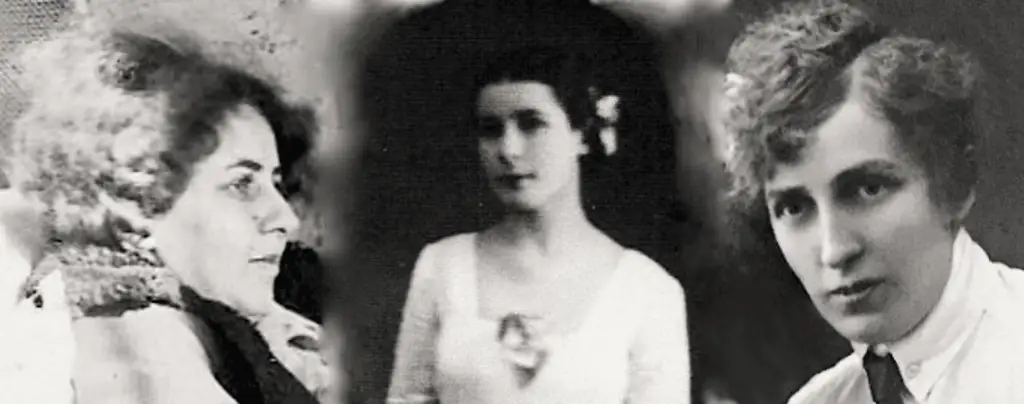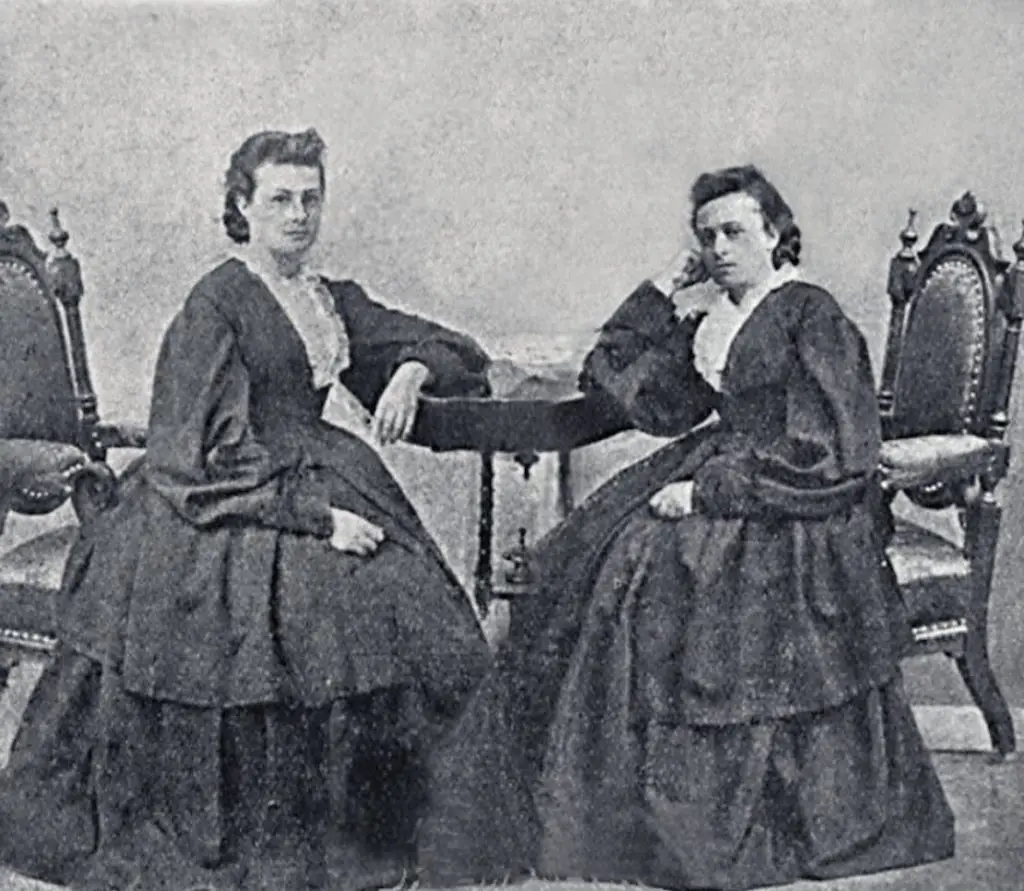About
The name ‘Siostry Krajewskie’ — in English ‘The Krajewski Sisters’ — is a tribute to our Polish family roots and the women whose lives and stories were shaped by Poland’s turbulent history: the sisters, mothers, aunts and grandmothers whose voices have faded with the passing of time.
Like many Polish children, we grew up on family stories. These were fragments passed down at the dinner table or tales told by our grandmothers — stories honouring lost loved ones, connecting with the past and perhaps healing the traumas of long ago. Our lives in post war Britain were quieter, more ordinary. But we carried these stories with us, and through Siostry Krajewskie Press we now offer them to others.
Our first title, The Dolls We Left Behind, is a memoir by our mother, Eugenia Krajewska (née Wenserska) who was deported from eastern Poland to Siberia as a child during World War II. It’s a deeply personal account of survival, and yet one that echoes the experiences of countless Polish families shaped by war, exile, and the shifting borders of history.
Other stories still remain to be told: quiet inheritances passed down with old photographs from an album that somehow survived the travails of war and journeyed with our family across continents.
Siostry Krajewskie
In Post War Britain

Our parents were part of the post war Polish community in Britain — rebuilding from loss, holding on to language, memory and roots. As sisters, we grew up in two worlds: one shaped by Polish traditions at home and the other, by the shifting rhythms of 1960s Britain beyond the front door. These two worlds were not always compatible but they shaped the adults that we were to become and our Polish background has given great richness to our lives.
Sisters in the Inter-war Years

Our three great-aunts — Hanka, Irka, and Jaga — were daughters of Adam Krajewski, editor of the Lwów Polish daily newspaper at the turn of the 19th century, and were orphaned young when their father died in 1915. While their brothers fought in the First World War, the younger girls were sent to an orphanage in Warsaw.
The family, like the country, was divided by political tensions, with conflicting loyalties to nationalist and socialist causes, and, in Jaga’s case, a love deemed unacceptable by some because her husband was Jewish.
Irka, fiercely independent, risked her life during the Nazi occupation. She smuggled food, was involved in clandestine missions, and ultimately died from pneumonia in the harsh winter of 1939, after a journey to secure documents that would save her nieces from deportation to a concentration camp.
Hanka endured the war but succumbed to tuberculosis in its harsh aftermath. Jaga, the oldest of the three and the one who survived the longest, lived on in Poland into her 80s, devoting herself to her family, but never reunited with her surviving brothers, who were by then dispersed across the world.
These sisters’ lives, marked by resilience and separation, mirror both the fault lines and the quiet heroism found throughout Poland’s twentieth century history.
Sisters in the 1863 Insurrection

Going back several generations, the story of our distant aunts, the Krajewski sisters Józefa and Zofia, reminds us that women, too, rose to the challenge when history demanded it.
In 1863, their brother Rafał Krajewski was one of the leaders of the January Uprising against Russian rule in the partitioned Kingdom of Poland. The insurrection relied on secrecy, planning, and coordinated guerrilla action. Józefa and Zofia played their part, serving as clandestine couriers — part of a vast, often unseen network of women who risked everything to pass messages, carry documents, and keep the resistance moving.
The reprisals by the Tsarist regime were swift and brutal. Many were imprisoned or executed, Rafał Krajewski among them. But the courage of the sisters, and of the many women like them, remains a powerful testament to quiet resistance and unrecognised strength.
